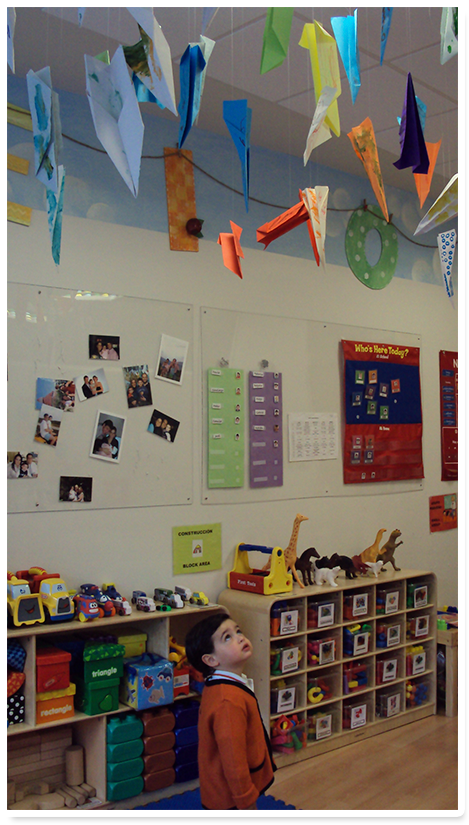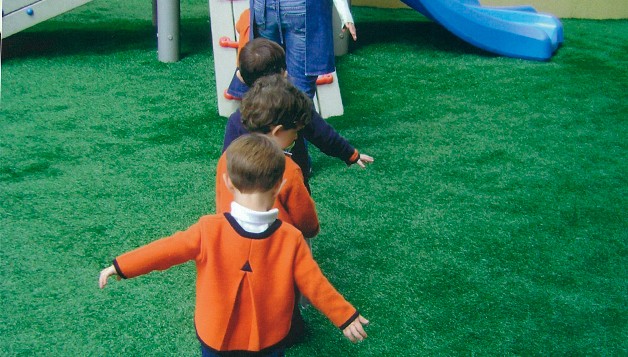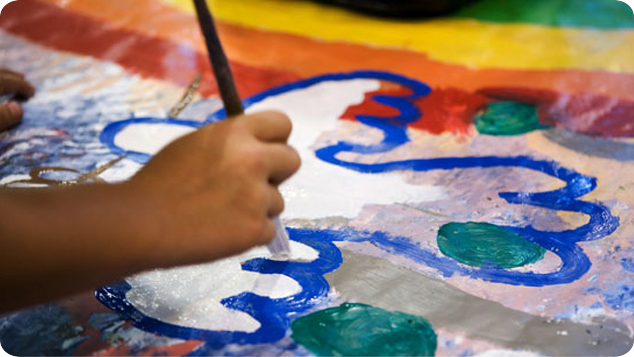Modelo Educativo




Kinros™ educational model comprises a proposal that combines a set of traits and characteristics which make it unique. It offers a particular learning experience focused on training processes for the benefit of children.
Our commitment to education has an essential feature: it is centered on active and innovative learning which allows:
This educational model follows Piaget’s and Vigotsky’s theories, and High Scope and Reggio Emilia educational approaches.

High Scope is an educational methodology which has been created in order to help the preschooler to build a pattern of interests, talents and long term goals.
Its basic structure is constituted by what is called “wheel of learning”, whose base is the active learning that recovers the importance of direct and reflective action of the child on objects, people and events surrounding them.
Within the classroom work, High Scope offers a daily routine for children, providing them with stability and balance in school work while helping them to make choices and develop internal controls.

Reggio Emilia is an educational approach that emerges in the northern Italian city of Reggio Emilia which applies imagination and creativity in the construction of knowledge.
In Kinros, we care providing students with several experiences which foster them to make questions about their relationship with their world, and to formulate hypothesis that they can test and validate with their own capabilities in order to build their self-confidence. Therefore, we consider important to encourage dialogue, observation, experimentation with materials and the possibility of building projects where children can see their knowledge growing.
